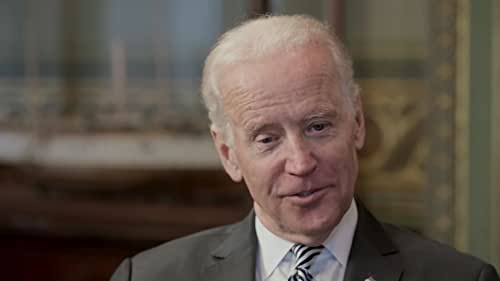Despite promising to be the “most pro-union president” in history, President Biden’s decision last week to intervene in the labor dispute between freight railroad companies and their unions proved this support is limited at best.
Rail workers were preparing to strike in recent weeks after multiple unions representing more than half of all rail workers rejected a tentative agreement brokered by the Biden administration.
While the agreement provided better pay and bonuses, most rail workers rejected the agreement because it failed to secure one of the unions’ key demands, paid sick leave. Unlike nearly 80 percent of workers in the U.S., rail workers aren’t given any paid sick leave and are penalized for calling out of work – even for emergencies or health concerns.
To avoid the economic and political fallout of a national rail strike weeks before the holidays, Biden and Congress moved to impose the unpopular agreement upon the companies. And in doing so, deprive rail workers of their right to strike.
Democrats did attempt to pass another bill which would’ve guaranteed seven days of paid sick leave for rail workers, but it was defeated in the Senate due to a Republican filibuster. This failed effort to include paid sick leave shouldn’t absolve Democrats of the cowardice they demonstrated in their move to deprive rail workers of their right to strike.
Standing by rail workers’ demand for paid sick leave should be uncontroversial. Without paid sick leave, many rail workers are forced to choose between their health and their job.
After telling his wife that he “felt different,” locomotive engineer Aaron Hiles scheduled an appointment with his doctor. On the day of his appointment, he was unexpectedly called into work and, for fear of being penalized for his absence, put off the appointment until a later date.
A few weeks later, Hiles died of a heart attack. Perhaps Hiles would have had a heart attack anyway, but it is nevertheless shameful that rail companies could allow a situation like this to occur.
The only defense Democrats offered for imposing such a constricting agreement was that the economic impact of a strike would be too severe. In a statement, Biden justified his decision saying that while he considers himself a pro-labor president, “in this case – where the economic impact of a shutdown would hurt millions of other working people and families – I believe Congress must use its powers to adopt this deal.”
This essentially amounts to saying that you’re pro-union so long as it’s convenient. As Ben Burgis argues in the Daily Beast, the whole point of a strike is that it disrupts everyday life. It’s one of the most powerful tools workers have to ensure fair treatment.
As Burgis writes, “The message [being sent to workers] is that Democrats are only ‘pro-labor’ until the point when it causes serious inconvenience — which is also the point at which labor could accomplish anything real.”
It’s also likely that the government’s decision to avert a strike will embolden rail companies and make it harder for unions to negotiate fair contracts. Rail companies can rest assured knowing that if future negotiations fail, the government will almost certainly step in to prevent a strike.
Obviously a rail strike would have a huge impact on the economy, leading to critical shortages in things like chemicals needed for purifying drinking water. But this only serves to highlight how unjust the current situation is.
We depend on rail workers to deliver some of the nation’s most essential goods while simultaneously tolerating the obscene conditions under which they are forced to work. Rather than blaming the workers for the consequences of a strike, we should be looking at the rail companies that pushed these workers to take such action.
Benjamin Schnurr can be reached at [email protected] and followed on twitter @Ben_Schnurr.


















